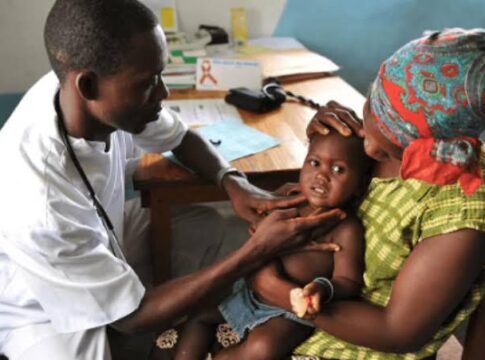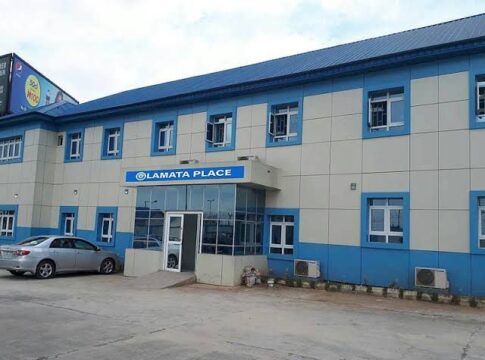The Nigerian government has approved ₦4.8 billion to ensure uninterrupted HIV treatment as US foreign aid policies shift under President Donald Trump.
The Federal Executive Council (FEC), led by President Bola Tinubu, met on Monday to assess the impact of the US administration’s policies on critical health programmes, including HIV, tuberculosis, and malaria interventions. The decision comes as uncertainty looms over the US President’s Emergency Plan for AIDS Relief (PEPFAR), a programme that has funded HIV treatment for millions worldwide, including Nigeria.
The new funding is part of the Presidential Treatment Programme, designed to ensure that People Living with HIV (PLHIV) in Nigeria continue receiving care despite potential disruptions in foreign support.
“This administration is committed to ensuring that those receiving treatment do not experience interruptions,” said Health Minister Muhammad Pate after the meeting. “We appreciate the US government’s contributions over the years and remain committed to a constructive partnership while strengthening Nigeria’s healthcare system with domestic resources.”
Trump’s Policy Shifts and Nigeria’s Response
In recent months, President Trump’s executive order on foreign aid has led to the suspension of PEPFAR’s funding, creating uncertainty for HIV treatment programmes in low-income countries. Although US Secretary of State Marco Rubio later granted an emergency waiver to continue funding HIV medication, the Nigerian government is taking proactive steps to ensure treatment sustainability.
To address the crisis, FEC has set up a multi-ministerial committee comprising representatives from the Ministries of Finance, Health, Defence, and Environment, along with the Governors’ Forum. The committee will develop a transition and sustainability plan to reduce Nigeria’s dependence on foreign aid for health interventions.
“This is an important signal that the federal government is committed to ensuring that life-saving treatments remain accessible, despite the changing dynamics in external support,” Mr Pate said.
READ MORE: Congo Crisis: Food and Water Shortages Threaten Thousands as Violence Escalates
The National Agency for the Control of AIDS (NACA) has also pledged to intensify domestic resource mobilisation efforts to ensure the sustainability of Nigeria’s HIV/AIDS response.
Beyond HIV treatment, Nigeria is making broader investments in its healthcare system. The FEC recently approved the Human Capital Opportunities for Prosperity and Equity (HOPE) programme, a $1 billion initiative backed by the World Bank.
The HOPE programme aims to strengthen governance and primary healthcare services across the country. It will focus on improving financial and human resource management in the health and education sectors at the state level.
Additionally, the initiative will support the expansion of primary healthcare services, including emergency maternal and child health interventions, to improve healthcare access for vulnerable populations.
Nigeria remains one of the largest beneficiaries of PEPFAR funding, but recent global policy shifts have highlighted the need for self-sufficiency in healthcare financing. As international aid becomes less predictable, the government’s new funding and strategic plans signal a move toward long-term sustainability.
For the millions relying on HIV treatment and other critical health services, the Nigerian government’s swift action offers a lifeline in uncertain times.




